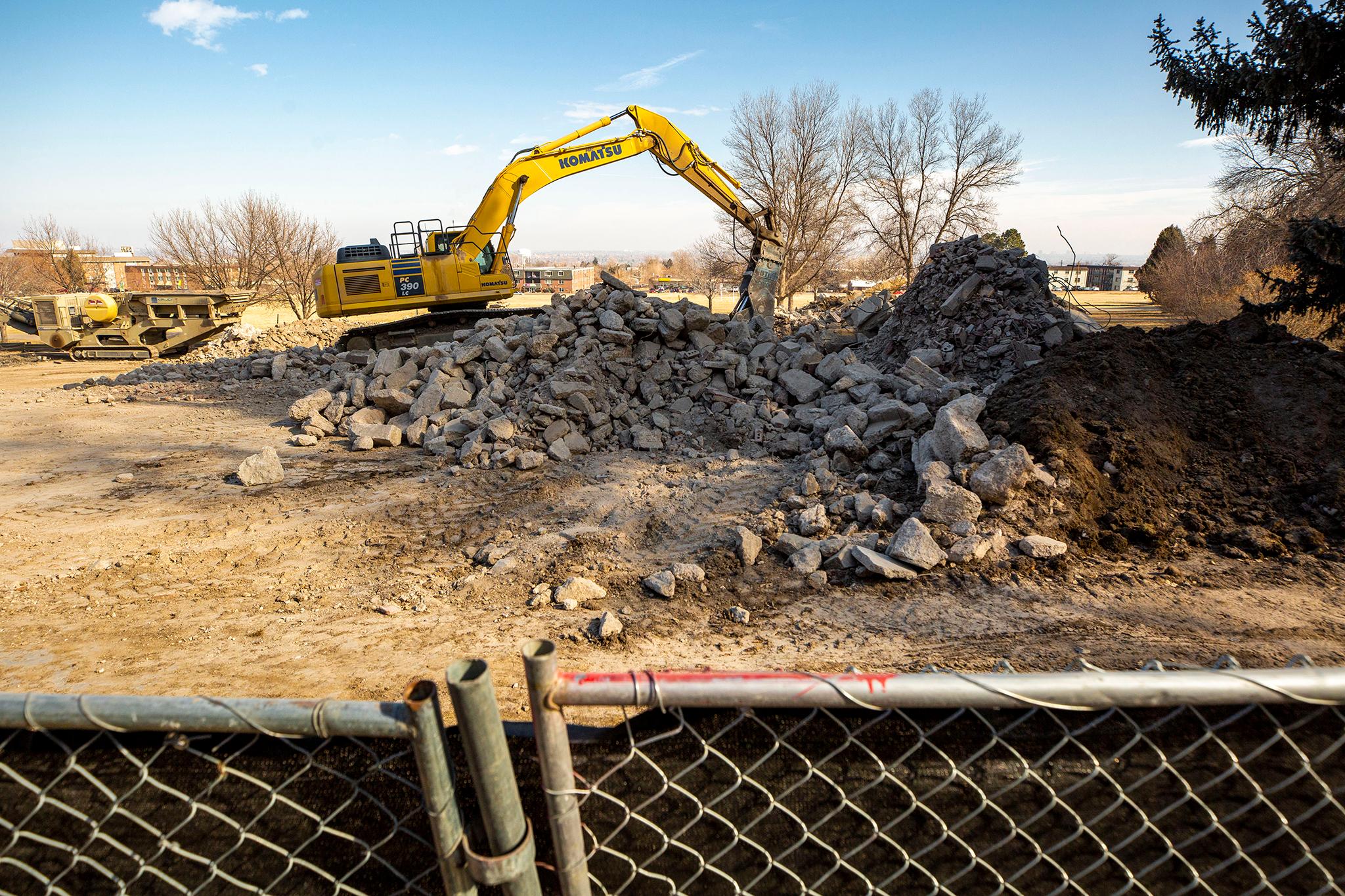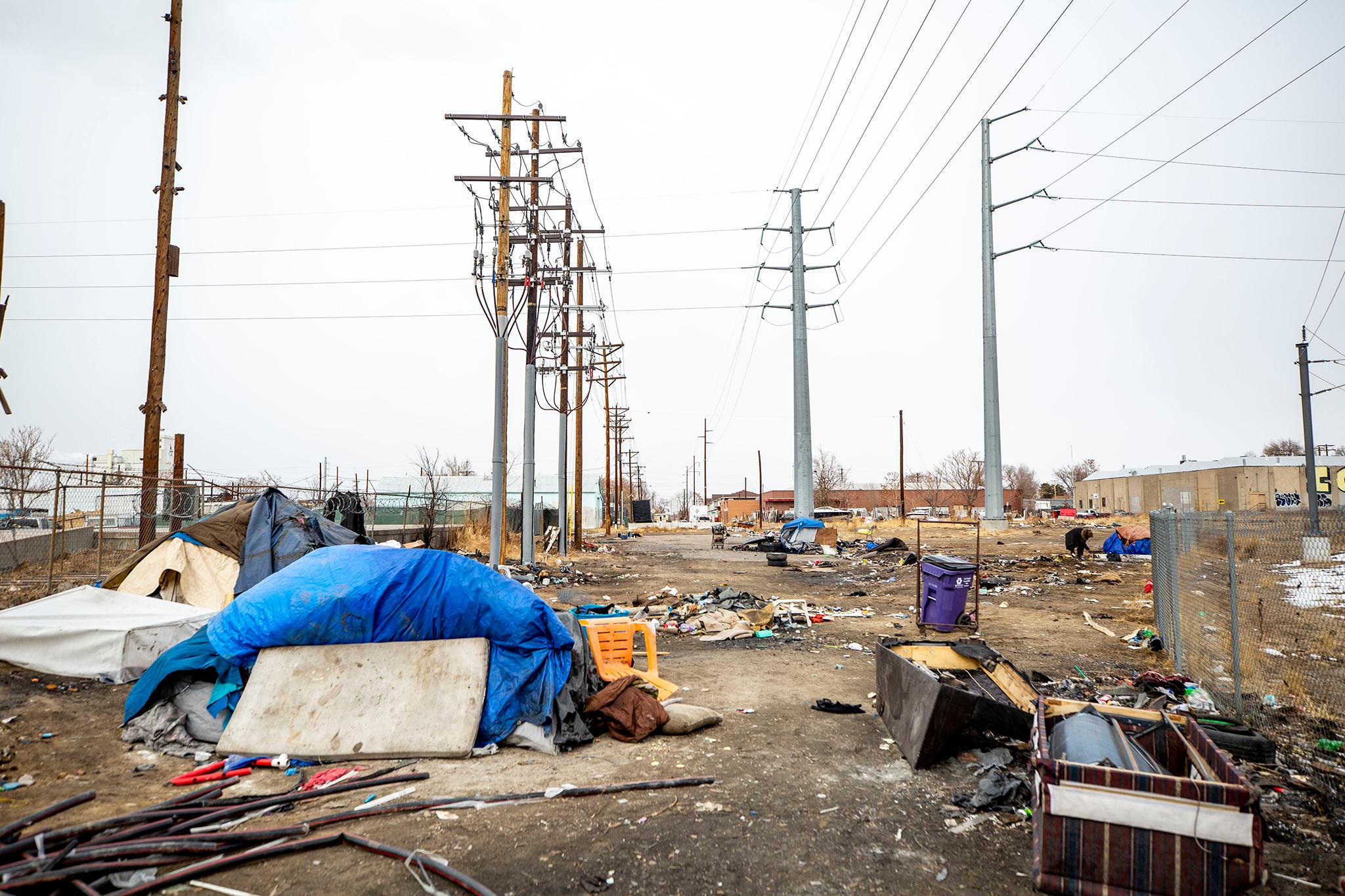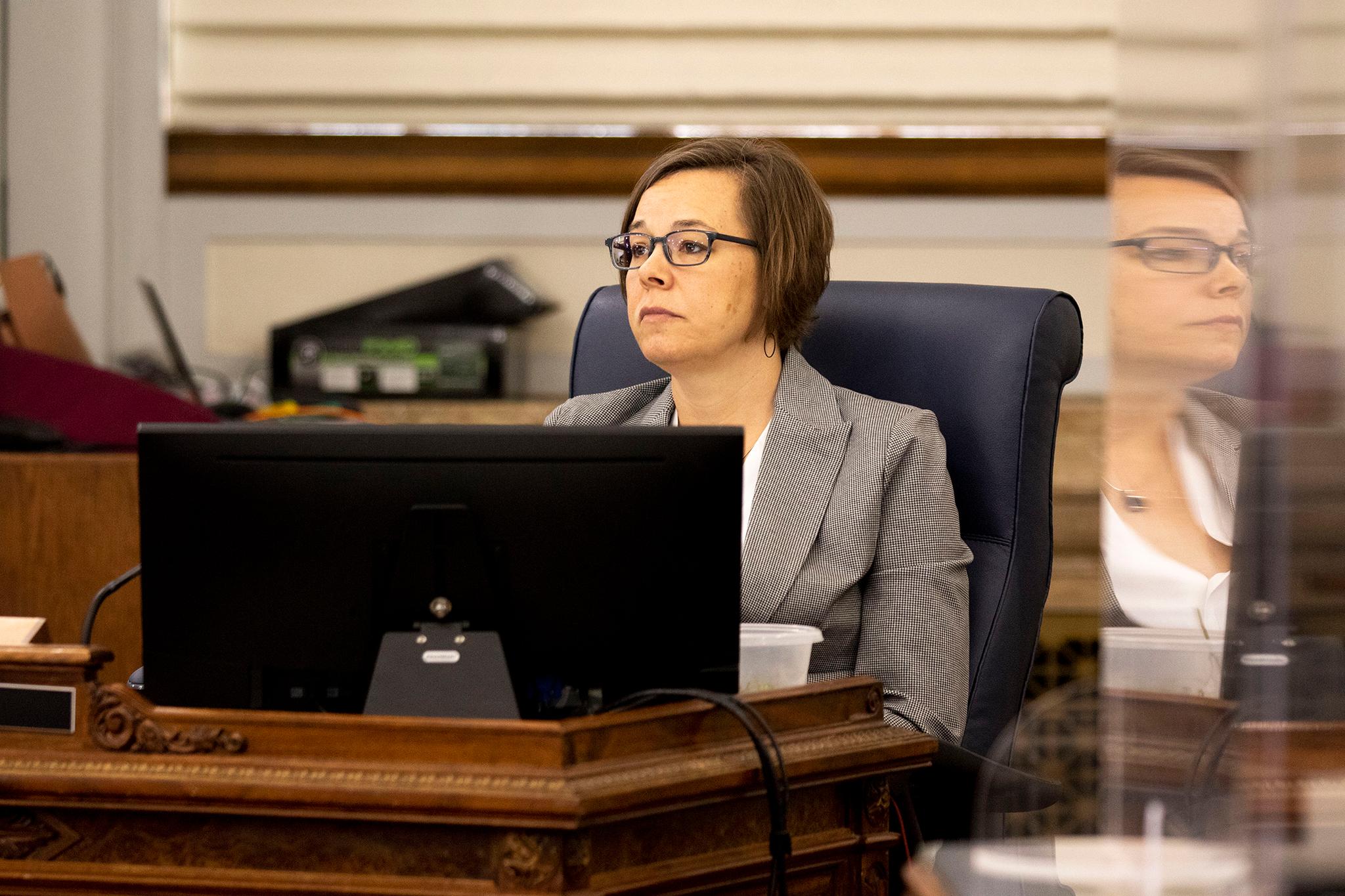Late Monday night, City Council voted 10-1 to change the city's zoning code to force developers to play a larger role in solving the city's affordable housing crisis.
The Expanding Housing Affordability policy will mandate that developers building multifamily projects with ten or more units create income-restricted housing for households making between 60% and 90% of the area median income -- currently, between $56,592 and $84,888 for a family of three.
Those projects will be required to maintain between 8% and 15% of the units as income-restricted for 99 years. Those percentages will be slightly higher in downtown, Cherry Creek, and other high-cost parts of the city.
Developers can also skip building those income-restricted units if they pay high fees to buy out of their obligation or come up with other creative negotiation strategies -- for example, donating land for an exclusively income-restricted project.
The plan will also generate revenue for the city's Affordable Housing Fund. That money will come from increased linkage fees -- the sort the city has been charging developers since 2016. Those, which will be raised gradually, will be waged on developers building non-residential and smaller residential projects. Exclusively income-restricted housing developers and those building affordable housing as part of their projects will be exempt.
The plan also incentivizes developers to build more income-restricted housing by offering looser zoning restrictions in exchange for more units: lower parking requirements, greater height allowances and reduced permit fees. Those incentives are designed to reduce costs of construction.
Mandating affordable housing has been allowed since a state inclusionary housing bill was passed in 2021, giving Denver the tool it needed to force developers to build income-restricted housing. By the state law, developers who want to get out of creating affordable housing must have other mechanisms, including paying fees, that would allow them to do so.

Here's the problem the plan is trying to fix.
Denver is behind over 50,000 units of affordable housing, according to the Denver Housing Authority. Homelessness is on the rise. Even middle-class families say they are struggling to stay in town. Proponents say the Expanding Housing Affordability proposal is an important tool in ensuring developers build more than just luxury housing for those making well over the area median income.
One in three households in the city struggles to pay their rent or mortgage, according to Denver Community Planning and Development. That includes people at various income levels, including working people like teachers, social workers, restaurant workers, and firefighters.
The Department of Housing Stability and Community Planning and Development have been drafting the Expanding Housing Affordability plan for the past two years. The plan has been weighed and refined during multiple community-input processes. Developers and housing advocates have been at the table from the beginning, and councilmembers have offered input along the way, with leadership from councilmembers Robin Kniech and Amanda Sandoval.
The Denver Planning Board passed a draft of the plan in early April, and Denver City Council's Land Use, Transportation and Infrastructure passed the plan by the end of that month.

On Monday night, some critics of the plan said it doesn't help those most in need.
During public comment on the policy, dozens of speakers, many unhoused, said they did not believe it made sense to target households making between 60% and 90% of the area median income, which is currently $105,500 for a family of three.
In a city with a housing crisis and massive encampments around town, they believed the program should be focused on residents making less than 30% of the area median income and address the struggles of people sleeping on the streets.
Nola Miguel, director of the Globeville Elyria-Swansea Coalition, said the program should focus on people making less than 60% of the area median income.
"I don't see this proposal as bold enough or equitable enough to support," she said.
Developers and real-estate trade organizations have been split on the plan. Most developers who opposed Expanding Housing Affordability didn't bother showing up.
RiNo developer Andy Feinstein has been an outspoken critic of the proposal, arguing it will disincentivize new construction in Denver.
"Anytime the government sticks its nose in the private market of homebuilding, they make the problem worse," he said. "It always happens. It happens everywhere: Portland, Seattle, Chicago, Los Angeles."
Drew Hamrick, of the landlord trade organization the Colorado Apartment Association, has also spoken out against the plan, arguing increased costs of construction will be passed on to everyday renters and homebuyers who don't qualify for income-restricted housing. Ultimately, that will drive housing prices higher than they already are, he said.
But developer Susan Powers says the plan is a good one, even if it's not a silver bullet fix to the region's housing shortage.
"I don't think the sky is falling," she told Denverite last month. "We've been through this every time there's a regulation that comes out. Everybody says that the market will stop having an interest in Denver. And look at all the cranes!
"I mean, it's not going to be that serious of an impediment for people to do development," she continued. "People have to get financing. The construction costs have to get in line here. And those are different issues. But, you know, we've looked at the numbers... We feel like these requirements are very reasonable."
Multiple affordable housing developers came out to support the proposal, with many proponents arguing it's a start -- but far more needs to be done.
The 10-1 vote. Councilmembers Paul Kashmann and Jolon Clark were absent, and Candi CdeBaca was the sole no vote.
CdeBaca described the policy as "smoke and mirrors" and "virtue-signaling politics." She argued Community Planning and Development ignored the needs of unhoused residents and those who are rent-burdened while drafting a feel-good policy of modest change amid a crisis.
"We've written a policy to uplift developer power while ignoring the city's greatest needs," said CdeBaca, who proposed multiple amendments to the policy that all failed.
Councilmember Debbie Ortega described the Expanding Housing Affordability policy as "one more tool in the toolbox."
"This doesn't solve everything for everybody," she said. "And I know that we have spent a lot of money on addressing homelessness. Not all of it has been done to the satisfaction of everyone. But we have spent unprecedented dollars during this timeframe -- and in large part because we benefited from receiving some federal dollars that allowed us to meet the needs of so many people that have been struggling."
Those federal dollars are slated to run out.

Kniech has been clamoring for various types of funding for income-restricted housing for over a decade on City Council.
"We should not miss the opportunity to leverage new development for new affordability in projects where we are getting none today, simply because this one market-based tool can't solve all our housing needs or goals," Kniech told her fellow council members.
As her three terms come to an end, Expanding Housing Affordability will be one of Kniech's signature policies -- one she has advocated for in some form since she voted against the Urban Camping Ban, which she argued criminalized homelessness, in 2011.
"Today we are passing the state of Colorado's first sweeping inclusionary housing requirements that include rental and for-sale, free from any legal cloud," Kniech said.
She defended the policy as a significant shift that will put affordability requirements on new income-restricted homes for a minimum of 99 years. She pointed out that 90 percent of Denver developments are built without income-restricted housing, and this policy will turn that around.
"These things have value that is different than necessarily being enough to solve the entire problem," Kniech said. "But that does not mean it does not have value for the homes that will be provided to the workers and to the individuals who will live in those homes."
Mayor Michael Hancock is supportive of the proposal.
"I want to thank city staff for their dedication and work on this ordinance, our residents for providing their input, and City Council for their support of more affordable housing for our residents who need it most," Hancock said in a statement.
"As the first city in Colorado to make use of this new authority, this is a big step forward in addressing this challenge. The lasting affordability guaranteed in this new policy will help bring down costs for hard-working individuals and families, and level the playing field for those facing housing insecurity."












